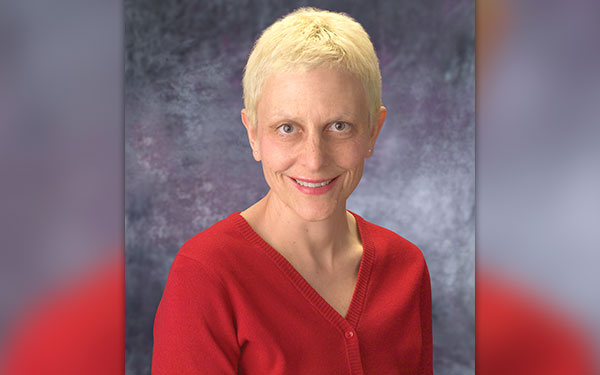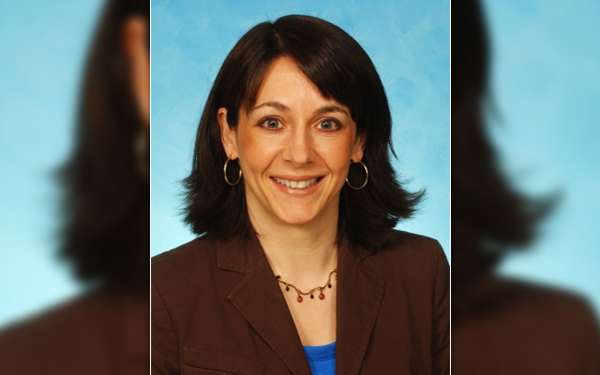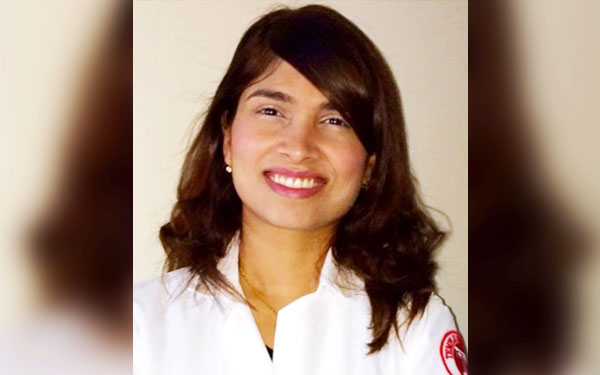Dr. Scott Kahan, an American Board of Obesity Medicine (ABOM) Diplomate, answers questions regarding the importance of an obesity medicine physician.
 What unique skill set can the obesity medicine physician bring to the bariatric surgical setting?
What unique skill set can the obesity medicine physician bring to the bariatric surgical setting?
Obesity medicine physicians have a unique and multidisciplinary skill set tailored to the treatment of patients with obesity, and we are physician-leaders who integrate and coordinate the contributions of numerous healthcare providers and physician extenders relevant to obesity management. The rigorous board certification process requires mastery of overlapping disciplines relevant to obesity, including medical, surgical, behavioral, nutritional, and practice management. These skills are particularly valuable to complement bariatric surgery, both in the preoperative and ongoing, long-term management of surgical patients.
What impact can the obesity medicine physician have on patient outcomes?
The surgery itself is only one part of the long-term management of obesity. Prior to surgery, obesity medicine physicians can improve patient selection and patient preparation for surgery and the post-surgical path. Following surgery, we are uniquely situated to support and manage the care of bariatric surgery patients over the long term, prevent or address complications as they arise, and help to build and maintain healthful lifestyle strategies to maximize surgical outcomes.
Have you had the experience of working with a bariatric surgeon?
In my clinic we work with several local surgeons. Working in concert with our partner surgeons has led to many excellent outcomes for our mutual patients – outcomes that I doubt could be as robust if the bariatric surgeons and the obesity medicine physicians worked discordantly.
Are there any clinical findings or evidence based research supporting the value of obesity medicine physicians and bariatric surgeons working together?
Published bariatric surgery clinical trials with the best outcomes include multimodal and multidisciplinary interventions that wrap around the actual surgery. Bariatric surgery guidelines center on multidisciplinary team management, both in the surgical period and postoperatively. Obesity medicine physician, working in partnership with bariatric surgeons, have the opportunity to add significant value to the surgical course.
What is the value of working with an ABOM Diplomate specifically?
Bariatric surgery has proven beyond doubt to be an incredibly valuable treatment modality. However, due to the chronic nature of obesity, it’s unlikely that bariatric surgery will “cure” the obesity. Unlike typical surgical interventions in which a problem can be surgically corrected without need for ongoing management, most bariatric surgery patients require ongoing support and follow-up treatment, to varying degrees. Surgeons train for the technical aspects of surgical intervention; obesity medicine physicians complement their expertise by guiding and managing the long-term course of this chronic, often relapsing-remitting disease.
About Dr. Kahan
Scott Kahan, MD, MPH, FTOS is a board-certified obesity medicine specialist practicing in Washington, DC. He is Director of the National Center for Weight and Wellness and Director of Strategies to Overcome and Prevent (STOP) Obesity Alliance at George Washington University. Dr. Kahan is also on the Faculty of the Johns Hopkins Bloomberg School of Public Health and a member of the Board of Directors of the American Board of Obesity Medicine.






[…] Scott Kahan was interviewed about how obesity experts and bariatric surgeons can work together to best help patients. […]